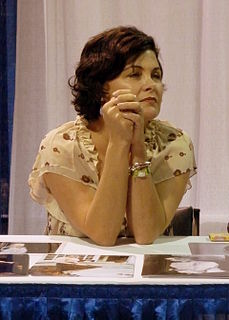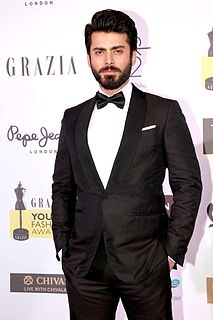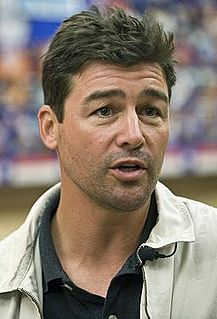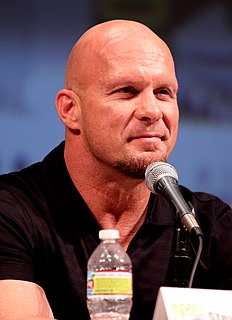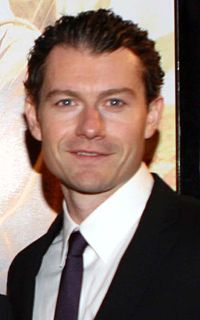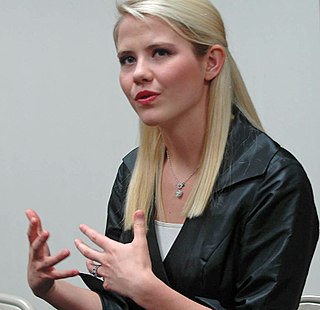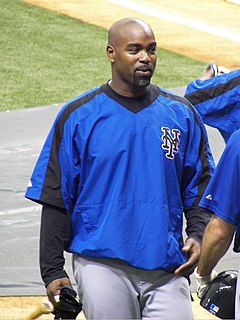A Quote by Sherilyn Fenn
When I read the script, I was like, Hello, woman in a box. I had to explore that to the end.
Related Quotes
I had to audition for Fandango. When I read the script, the role that was interesting - so everyone thought - was the role that Costner played. He was the cool guy. And I read the script, and my representation at the time said, "That's the role you should read for." And I was like, "Really? How about I read for this other role." And they went, "Well, you're not going to get that role."
As we were negotiating, I didn't have a script. Once the deal is closed, they let you read the script. So, I got the script and was reading it like, "Oh, please be good!," because I'd already signed on the dotted line. And I read it and just went, "Okay, I'm going to be okay. Thank god!" It was a really funny, moving story.
Once upon a time there was a woman who was just like all women. And she married a man who was just like all men. And they had some children who were just like all children. And it rained all day. The woman had to skewer the hole in the kitchen sink, when it was blocked up. The man went to the pub every Friday, Saturday, and Sunday. The other nights he mended his broken bicycle, did the pool coupons, and longed for money and power. The woman read love stories and longed for things to be different. The children fought and yelled and played and had scabs on their knees. In the end they all died.
I just couldn't believe that it [Into the Forest script] had fallen into my lap, because I felt so incredibly connected to my character, and I understood her, and I really...I haven't had that feeling about a script since I had read Thirteen or The Wrestler when I was just like, "No one else can do this." I just feel so passionate about it.
When you start out as an actor, you read a script thinking of it at its best. But that's not usually the case in general, and usually what you have to do is you have to read a script and think of it at its worst. You read it going, "OK, how bad could this be?" first and foremost. You cannot make a good film out of a bad script. You can make a bad film out of a good script, but you can't make a good film out of a bad script.
